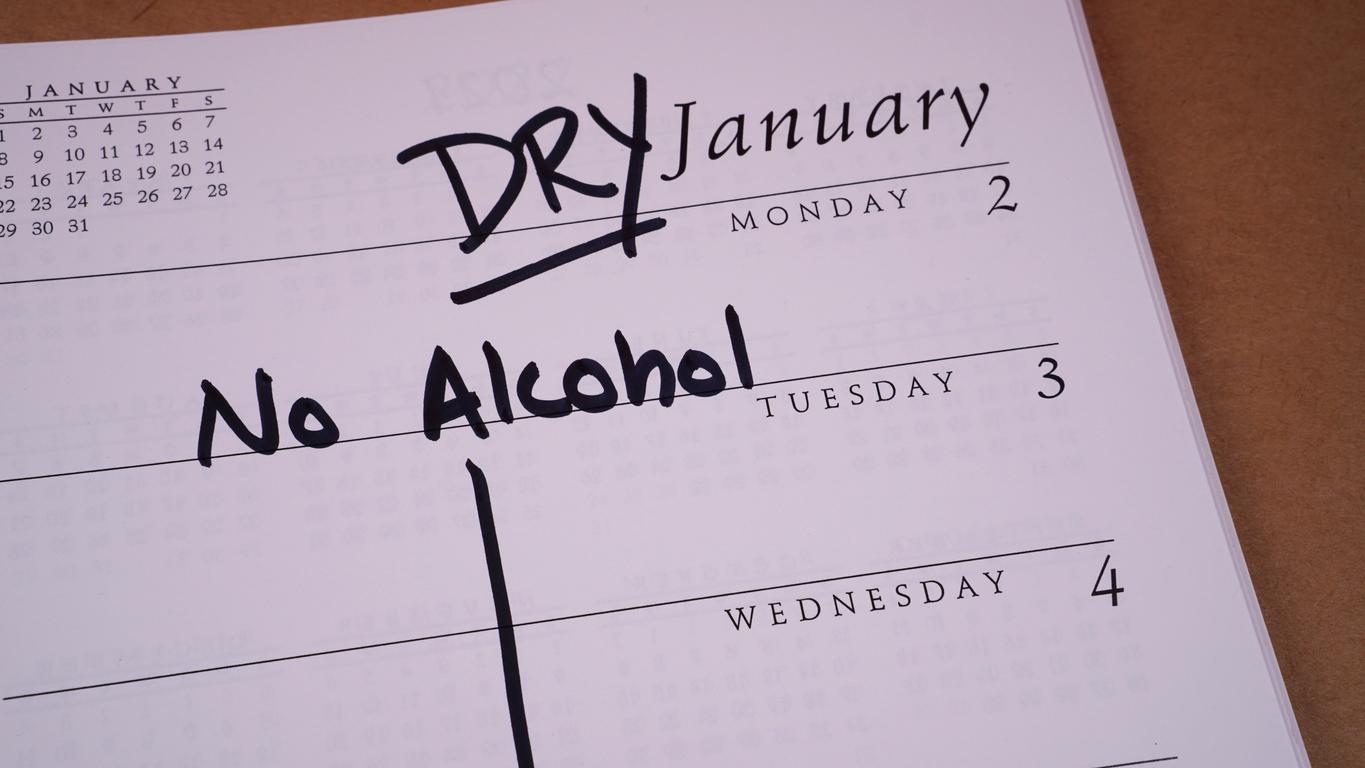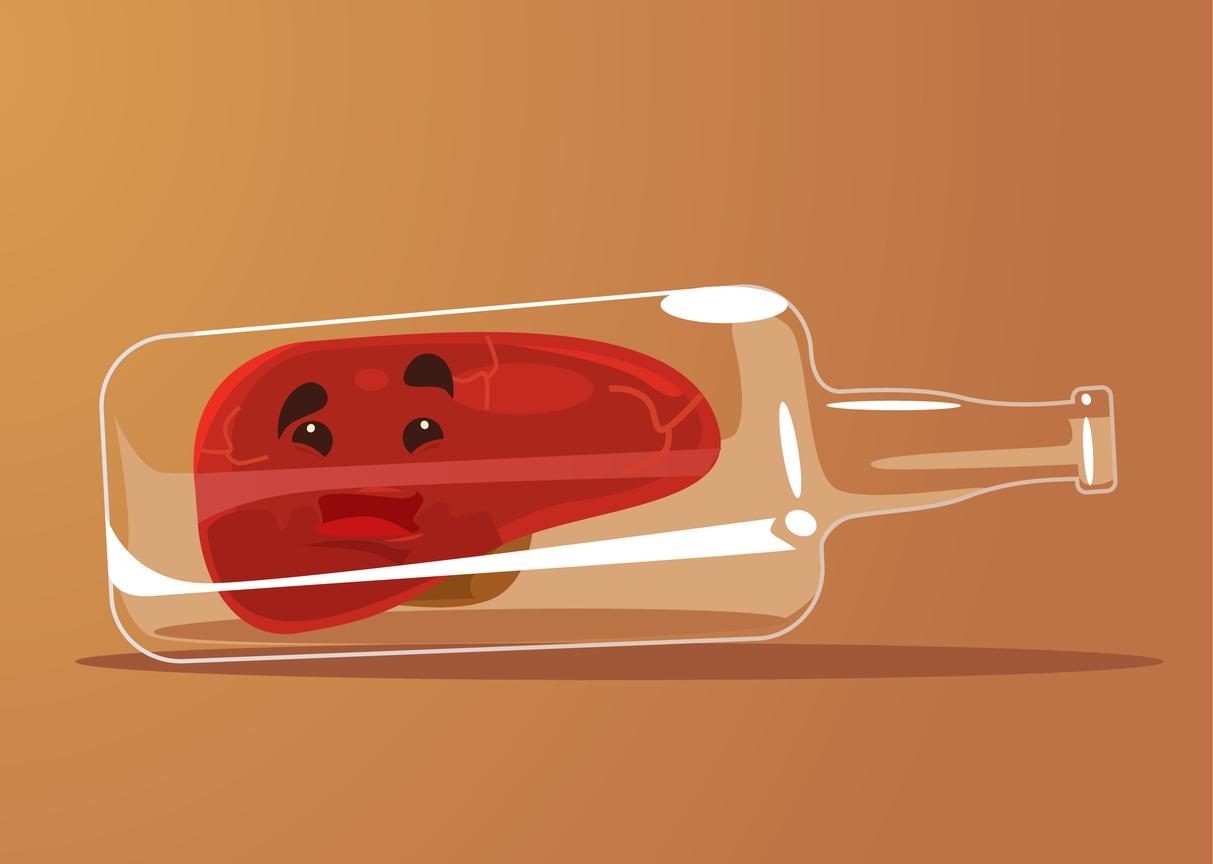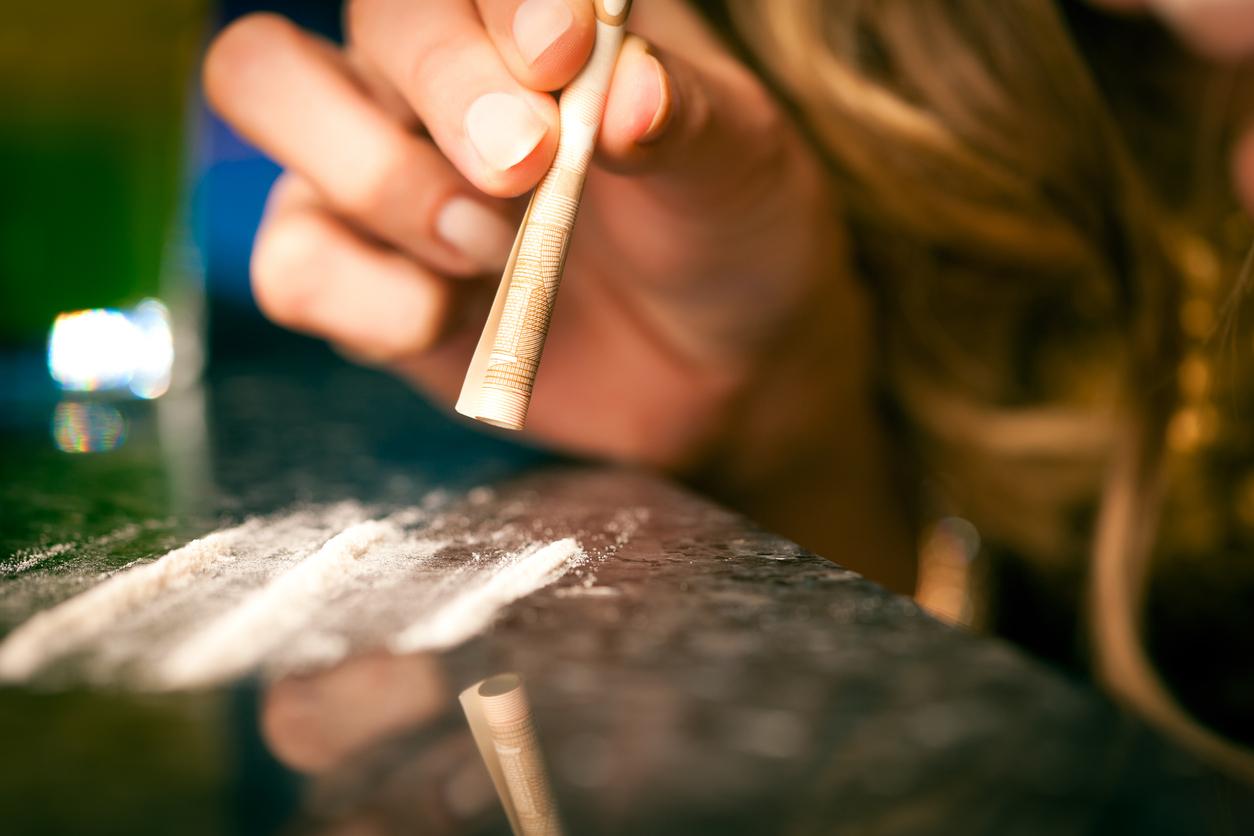Dry January consists of not drinking alcohol throughout the month of January to rest your body from the harmful effects of regular consumption.

- Even if alcohol consumption is low, equivalent to 13 grams (1.3 glasses), it would be responsible for 1,100 deaths per year, according to Inserm.
- The risk of developing certain cancers becomes significant from the first drink.
- Wine remains the most consumed alcoholic beverage in France.
Every year, after a sometimes watered New Year’s Eve, millions of people begin dry January, that is to say that they do not consume alcohol for a month, or 31 days, in January. This movement is actually a campaign that was launched in 2013 by the organization Alcohol Change UK. In France, it is adapted by a collective of associations and national networks under the name #JanuaryChallenge.
Change your habits and moderate your alcohol consumption
“Consistently drinking too much alcohol can have significant health consequences, and participating in the dry danuary is a great way to kick off the year with healthier practices.“, explained Taylor Remington, founder of the Impact Recovery Center, a center for detoxification cures, to the media BestLife. He believes that this stop can help regain energy and better concentration. According to the #LeDéfiDeJanvier website, this break also allows you to have fresh, more beautiful skin and to lose weight. But what are the other motivations?
According to the recommendations of Public Health France, it would be necessary to consume a maximum of two glasses of alcohol per day, not every day and, at most, 10 glasses per week…. But according to National Institute of Health and Medical Research (Inserm), 25% of adults exceed these quantities. Doing the dry January is then an opportunity to moderate your consumption.
Thus, the “dry danuary can be a great way to reset drinking habits and break bad habitssays Taylor Remington. People who participate in dry january generally agree that it is important to set limits when it comes to alcohol consumption.” This stop could also allow you to discover new non-alcoholic drinks… And to have more ideas for a healthier toast during the year.
Reduce the risk of alcohol-related diseases
According to Inserm, alcohol consumption is responsible for more than 200 diseases and various injuries. Some are directly and solely attributable to alcohol, such as alcoholic cirrhosis, a serious liver disease that irreversibly damages this digestive organ, according to health insurance.
But alcohol is also a risk factor for many cancers – breast, colon, mouth, etc. -, as well as for certain cardiovascular diseases, such as high blood pressure or cognitive disorders, including memory impairment. Inserm estimates that each year in France, 41,000 deaths are attributable to alcohol consumption. The dry January “may help reduce the risk of diseases associated with alcohol consumption, says Taylor Remington. Abstaining from drinking for a month can help reduce your risk of developing these types of diseases in the future.“
Sleep better and save money
When drinking, it is possible to fall asleep quickly but be woken up later in the night. This is normal because this drink has sedative effects – with feelings of relaxation and drowsiness – but when a person drinks a lot, the quality and duration of their sleep can be degraded. “Moderate alcohol consumption can cause nighttime bouts of sweating, headaches, nightmares or a dry mouth that can drive away sleep, can we read on the site Addiction Switzerland. Higher and more regular consumption is often accompanied by insomnia.”
The French spend more than 700 euros a year on alcohol
Finally, the last motivation for doing the dry January: not drinking saves money! According to INSEE, a French household spends an average of 707 euros per year on alcoholic beverages. Note that in France, according to the Health barometer 2017, 13.5% of adults never drink and 10% drink every day. Finally, 10% of 18–75 year olds are heavy drinkers: they alone drink 58% of the alcohol consumed.


















